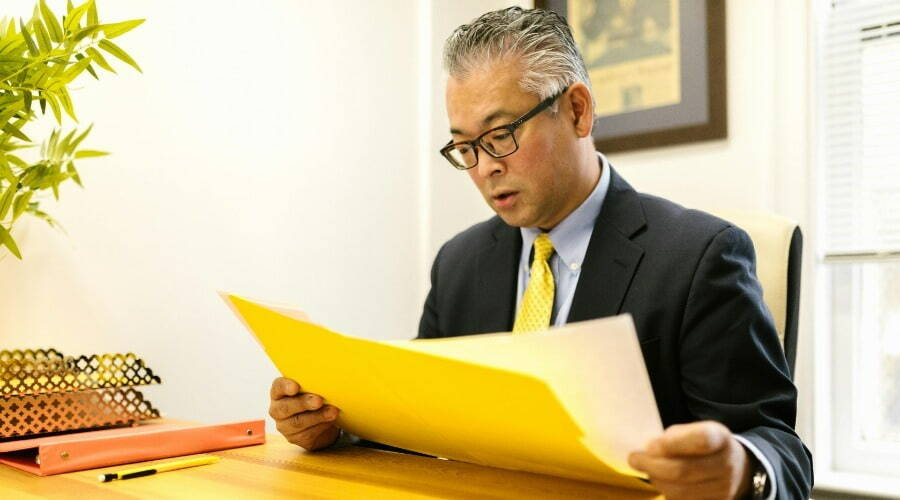As Baby Boomers approach or delay retirement, the workforce is undergoing a significant demographic shift, and Malaysia is no exception. The country is fast becoming an ageing society, with one in five Malaysians projected to be over the age of 60 by 2040 (DOSM). But the question remains will this generation strain or strengthen the future of work in Malaysia.
The Malaysian Ageing Reality
Malaysia officially became an ageing nation in 2020, with 7.3% of the population aged 65 and above. This is projected to hit 14.5% by 2040. While many Baby Boomers are choosing to retire later due to financial needs or a desire to stay active, others are leaving the workforce earlier due to health concerns, caregiving responsibilities, or lack of support at work.
What Happens When Experience Walks Out the Door?
The departure of older workers can trigger a “knowledge drain”, especially in sectors like manufacturing, engineering, healthcare, and public service, areas where experience takes years to build. In Malaysia, many SMEs and government-linked companies still rely heavily on Boomers to train younger staff and manage complex systems. Without proper succession planning, that wisdom could be lost.
Why Some Are Staying And Others Are Not
A 2023 EPF report revealed that only 3% of EPF members have enough savings to retire comfortably, pushing many Boomers to extend their working years. However, ageism, outdated training models, and rigid work policies often push older workers out of employment.
On the flip side, some organisations—particularly in finance, education, and healthcare—are beginning to see the value in retaining and reskilling older workers, tapping into their reliability and institutional memory.
Multigenerational Workplaces Need a Rethink
With up to five generations now working side-by-side, Malaysian companies are under pressure to design work environments that are inclusive for all ages. That means:
Flexible hours or part-time roles for older workers
Training that accommodates different learning speeds
Mentorship programmes that encourage cross-generational knowledge sharing
When managed well, this diversity can lead to stronger innovation, team dynamics, and employee loyalty.
What Employers Should Do Now
To prepare for the Baby Boomer shift, Malaysian employers should:
Audit their workforce age profile to understand upcoming gaps
Invest in age-inclusive policies, not just youth-focused hiring
Offer phased retirement and contract-based consultancy options
Support lifelong learning, especially digital skills for older employees
Capture institutional knowledge through documentation and mentoring
Conclusion
Boomers won’t break the workforce if employers act now. Malaysia’s path to a resilient, inclusive labour market depends on how well we integrate experienced talent with the rising generations. Instead of sidelining older workers, it’s time to redefine how we value them.
